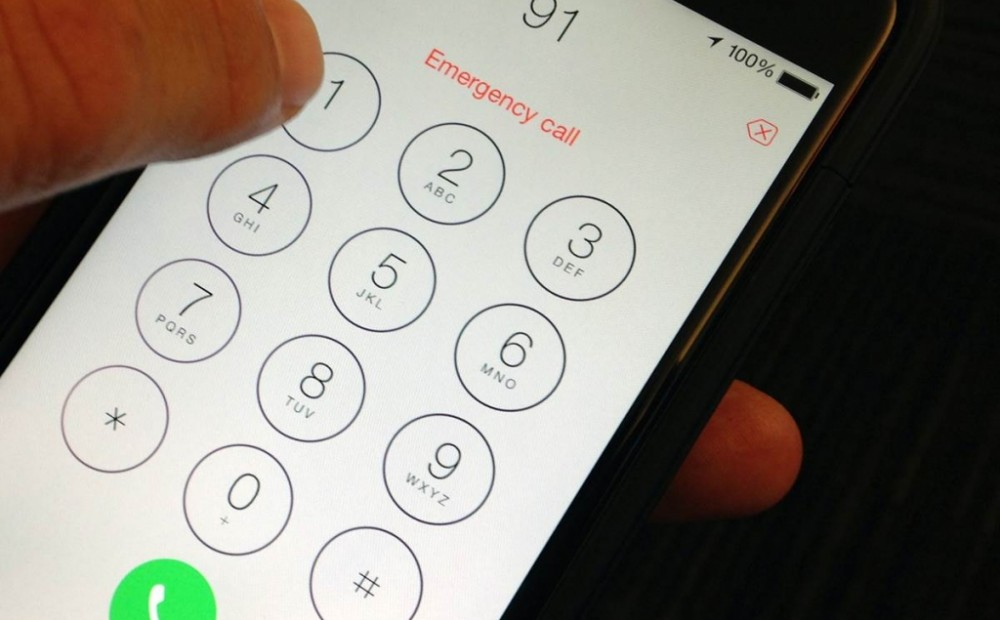-
Tips for becoming a good boxer - November 6, 2020
-
7 expert tips for making your hens night a memorable one - November 6, 2020
-
5 reasons to host your Christmas party on a cruise boat - November 6, 2020
-
What to do when you’re charged with a crime - November 6, 2020
-
Should you get one or multiple dogs? Here’s all you need to know - November 3, 2020
-
A Guide: How to Build Your Very Own Magic Mirror - February 14, 2019
-
Our Top Inspirational Baseball Stars - November 24, 2018
-
Five Tech Tools That Will Help You Turn Your Blog into a Business - November 24, 2018
-
How to Indulge on Vacation without Expanding Your Waist - November 9, 2018
-
5 Strategies for Businesses to Appeal to Today’s Increasingly Mobile-Crazed Customers - November 9, 2018
USA judge expresses doubts over forcing Apple to unlock iPhone
Apple has been duking it out with the government in court over the matter of unlocking encrypted user data on its mobile devices, particularly the iPhone, the company maintains that decrypting an iPhone in one case will set a precedent that will cause more problems for the company down the line. The Department of Justice has no patience for Apple’s stance that even if it could decrypt the device it wouldn’t feel comfortable to do so because that would amount to breaking the trust its customers have placed in it. The DOJ believes Apple should be forced to unlock encrypted user data if the government asks it to.
Advertisement
Asking Apple to skip an iPhone’s password protection to hand over personal information to the USA government is the equivalent of “asking a drug company to administer a lethal injection”, a judge has said. It tries to portray its requested unlocking order as narrow and modest, because it “would not require Apple to make any changes to its software or hardware, …”
Judge Orenstein told the DOJ that its proposed use of the All Writs Act “puts legislative authority away from Congress and puts it with the courts”.
Magistrate Judge James Orenstein, who has had a few success representing companies subject to the All Writs Act then said he wanted Apple to explain why unlocking the device would be “burdensome”. “How far does the All Writs Act go?”
Saritha Komatireddy, an Obama administration lawyer in the case, responded by calling the comparison “somewhat inflammatory”.
“Apple can not reap the legal benefits of licensing its software in this manner and then later disclaim any ownership or obligation to assist law enforcement when that same software plays a critical role in thwarting execution of a search warrant”, reads the government’s argument.
Zwillinger said the company had become more concerned about customer data in light of recent high-profile data breaches. Last week at a tech conference, after NSA Director Admiral Michael Rogers claimed “a balance needed to be struck between safeguarding user privacy and an ability to identify security threats”, Apple CEO Tim Cook replied, “Nobody should have to decide [between] privacy and security”.
“It just seems to me that there’s a dog that didn’t bark here”, he said.
The judge asked both sides to submit additional letters addressing his questions to the court by tomorrow and said he would rule as soon as he could.
Apple responded to the brief, saying that it’s still impossible for the company to extract encrypted data from an iOS device running iOS 8 or later since those iPhones encrypt local data in a way that Apple can’t reverse-engineer.
This is the first time a judge “has refused to enter an iPhone unlocking order under the All Writs Act”.
Apple’s example of what the government was asking it to do was a bit less harsh than Orenstein’s in the case: “To hold that the existence of such a license is enough to conscript Apple into government service would be to say that the manufacturer of a auto that has licensed software in it (which is increasingly the case) could be required to provide law enforcement with access to the vehicle or to alter its functionality at the government’s request”.
Advertisement
If he “rejects the government’s latest argument for broad authority to access electronic evidence, it will prove influential as the current public debate about encryption policy continues”.




























